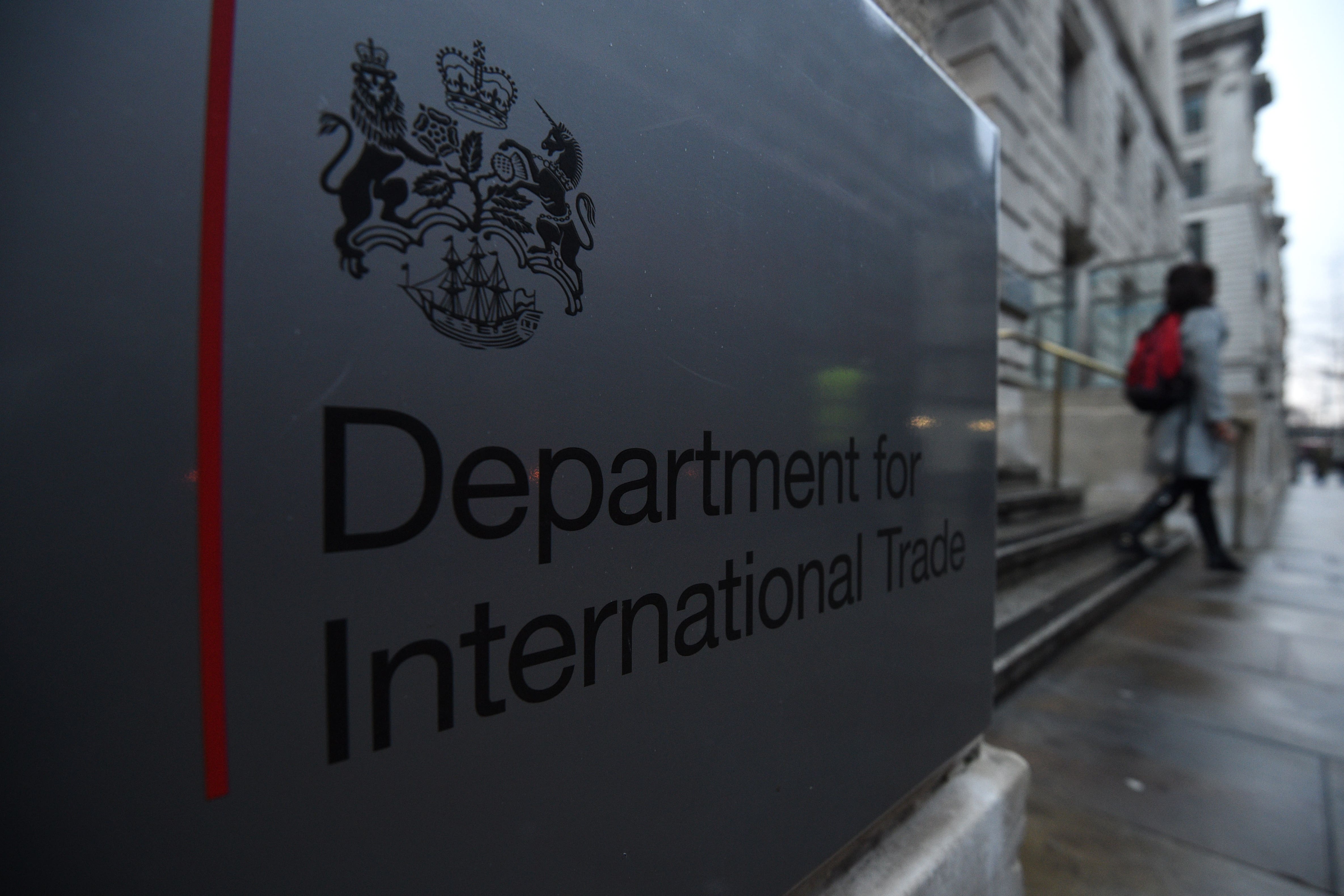Trade department has made progress but needs to co-operate better, says report
The NAO said the DIT has supported considerably fewer cases of direct investment from abroad, but the value of these projects has grown.

The Department for International Trade has “made progress” towards selling the UK as an investment destination, but needs to co-ordinate better with other authorities, the Government’s official auditors have said.
The National Audit Office (NAO) found that the department – known by its acronym DIT – has supported considerably fewer cases of direct investment from abroad, but that the value of these projects has grown in recent years.
“Increasing inward investment is critical for UK productivity, which in turn supports economic growth and the amount of money available for public services,” said NAO boss Gareth Davies.
“Success in attracting greater investment in part relies on knowing UK strengths compared with its competitors.”
Better understanding across the UK’s nations and regions can help present a coherent offer to prospective investors, and improving co-ordination across Whitehall could reap rewards
The auditors said that there has been a 37% drop in the number of foreign direct investment projects that the DIT supported since the financial year ending in spring of 2017, the year the Brexit vote happened.
The number of projects since the UK left the European Union in the 2020 financial year has fallen by 19% to 1,174. But since then the forecast economic benefits have risen by 128% to £7 billion.
The NAO said that the department “needs better co-ordination across central government, devolved nations and other local bodies”.
Mr Davies said: “Better understanding across the UK’s nations and regions can help present a coherent offer to prospective investors, and improving co-ordination across Whitehall could reap rewards.
“Doing more of what works – and stopping what doesn’t – is critical for success, so evaluating economic predictions against outcomes can help DIT refine its approach.”
In the financial year ending last March, the DIT was involved in nearly three quarters (74%) of all the foreign direct investment projects in the UK.
However, three quarters of these said that they would “definitely or probably” have invested anyway without DIT support.
Bookmark popover
Removed from bookmarks